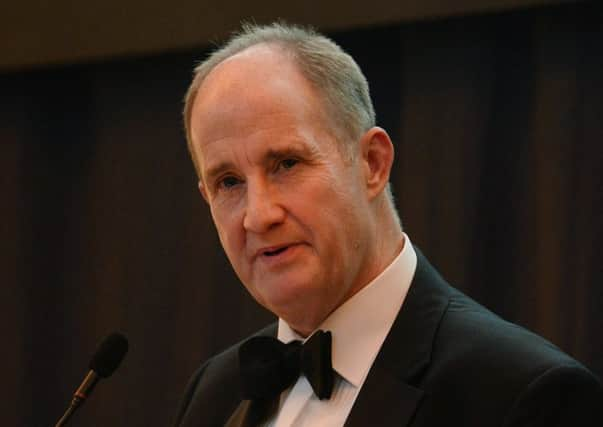Ministers urged to extend National Living Wage to tackle poverty


The Thirsk and Malton MP Kevin Hollinrake claims the measure would not only benefit low income families, but also provide a boost for businesses by producing a happier workforce.
Writing for the website Conservative Home, the former businessman acknowledges that the changes would mean a bigger financial burden for employers.
Advertisement
Hide AdAdvertisement
Hide AdBut he argues that a combination of reduced tax credits, lower corporation tax and possible exemptions for small businesses would help mitigate the impact.
“It may come as a surprise to many that, of the 13 million people who are living in poverty in the UK, over half are in employment,” says Mr Hollinrake. “Poverty is not all about getting people into work. We must also address the issues of in-work poverty.
“I do believe that the time has come for us to consider introducing a policy gradually to bring the National Minimum Wage to the level of the National Living Wage.
“It [is] crucial for us find a way to balance the objectives of economic growth and commercial success, with providing sustainable employment and a reward for hard work.”
Advertisement
Hide AdAdvertisement
Hide AdThe Conservative Government introduced the national living wage (NLW) in 2016 for all workers aged 25 and over. As of April 1, the statutory rate increased from £7.20 to £7.50 an hour.
This is in contrast to the national minimum wage, which currently applies to those aged between 18 and 24. The 2017 rate begins at £4.05 an hour for 18 year-olds, rising to £7.05 for 21-24 year-olds.
The roll-out of the NLW created concern among a number of employers in low-paid sectors – such as the care industry – which are already under financial strain.
However, Mr Hollinrake points to the experiences of organisations who have opted to pay the even higher voluntary Living Wage and enjoyed “improved staff motivation and retention” as a result. “Paying the Living Wage will help us tackle poverty while boosting business and bringing a wellbeing bonus to all,” he writes.